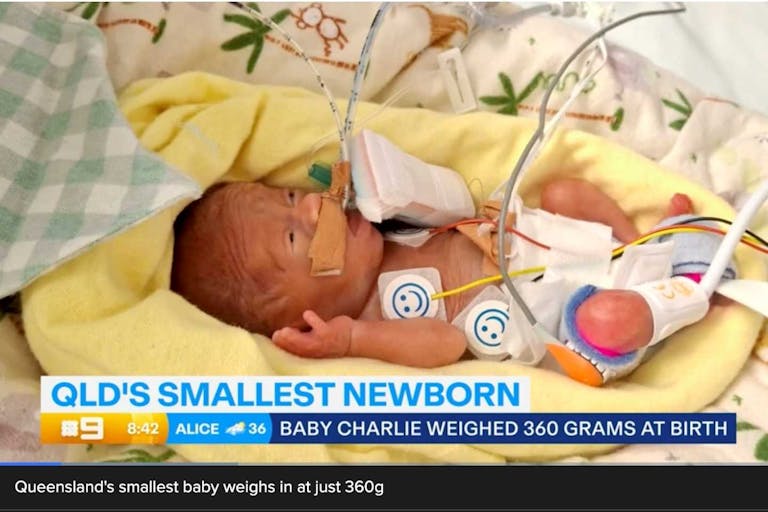
Queensland’s smallest baby born weighing just 360 grams
Melissa Manion
·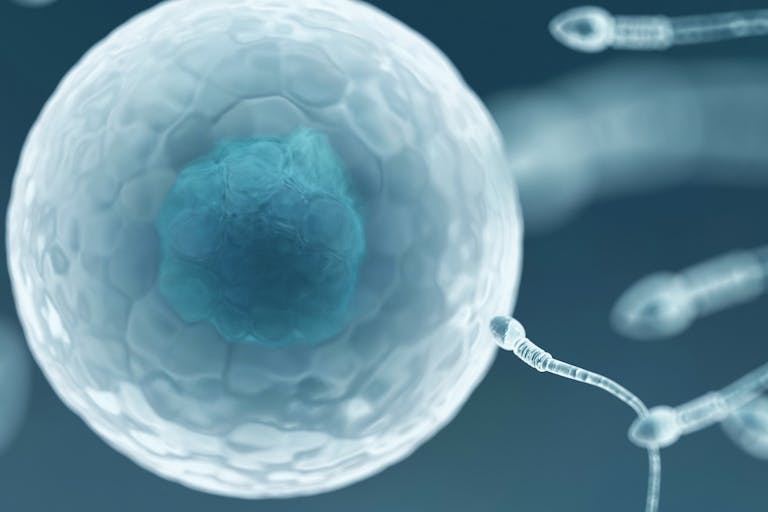
New Scotland campaign recruits sperm and egg donors, but ignores the risks
As the fertility rate in Scotland — and across the world — plummets, the government is taking action. The Scottish Government and National Health Service Scotland have launched a campaign to encourage people to donate eggs and sperm, but some are saying they aren’t properly warning potential donors about the risks they’ll face.
Fertility Scotland, launched in 2021, has created the new campaign, titled “Healthier Scotland.” It’s an ironic name, given the potential risks associated with donating eggs in particular. Ads will run on social media, radio, and other channels because, as a Scottish government document previously said, “supply does not meet demand.” And though there has been an increase in marriages, the fertility rate has plummeted even lower than it’s previous low in 2021; it’s now sitting at 1.28, far below the fertility rate needed (2.1) for a country’s population to be able to replace itself.

Yet a feminist group is harshly criticizing the campaign for targeting women with attractive advertising, while hiding any potential risks.
“The pastel-coloured adverts all feature words such as ‘love’ and ‘hope.’ Also present are phrases such as ‘give the gift of being parents,’ ‘give the joy of starting a family’ and ‘help bring joy to someone.’ If one wishes to target young women reared as part of the ‘be kind’ generation, this is the ideal language to use. Yet nowhere did any of the adverts list the side effects or risks associated with egg donation,” Helen Gibson, of Surrogacy Concern, wrote for Unherd.
“It isn’t widely known, but egg retrieval carries health risks, some of which can be severe,” she added. “One of these, ovarian hyperstimulation syndrome (OHSS), can prove fatal. OHSS occurs when the ovaries develop too many follicles as they over-respond to the medication used to mature the eggs prior to retrieval. If this happens, fluid from the blood vessels can leak into the abdomen and, in some cases, into the space around the heart and lungs.
Article continues below
Dear Reader,
In 2026, Live Action is heading straight where the battle is fiercest: college campuses.
We have a bold initiative to establish 100 Live Action campus chapters within the next year, and your partnership will make it a success!
Your support today will help train and equip young leaders, bring Live Action’s educational content into academic environments, host on-campus events and debates, and empower students to challenge the pro-abortion status quo with truth and compassion.
Invest in pro-life grassroots outreach and cultural formation with your DOUBLED year-end gift!
“Mild OHSS in women having IVF treatment is quite common, usually affecting around a third of patients. Severe OHSS is rarer, but two women died in the UK following complications arising from the condition in 2005 and 2006. More usually, side effects of egg retrieval for women include vomiting, nausea and abdominal pain. Where the issue becomes more pernicious is that OHSS is more common in women aged under 30 — precisely the group targeted by these adverts.”
There are no risks at all listed on the Healthier Scotland website.
Jennifer Lahl, founder and president of The Center for Bioethics and Culture Network, previously spoke with Live Action founder and president Lila Rose about assisted reproductive technology (ART) and the dangers that women and children face from it.
“It’s all flowery, ‘Make dreams come true,’ ‘Help a family.’ You’ll see young girls who have sold their eggs say, ‘Well you have so many eggs, I’m not using them anyway.’ So there’s this lure, and people go, ‘Well I like to help people and, sure, that money sounds great and I’m not using my eggs right now. Why not sell some?’ But, there’s the drugs,” Lahl said, adding, “At the end of the day, they’re selling their children. And two of the women in ‘Eggsploitation’ lost their ability to ever have their own children. So their fertility was permanently damaged.”
Live Action News is pro-life news and commentary from a pro-life perspective.
Contact editor@liveaction.org for questions, corrections, or if you are seeking permission to reprint any Live Action News content.
Guest Articles: To submit a guest article to Live Action News, email editor@liveaction.org with an attached Word document of 800-1000 words. Please also attach any photos relevant to your submission if applicable. If your submission is accepted for publication, you will be notified within three weeks. Guest articles are not compensated (see our Open License Agreement). Thank you for your interest in Live Action News!

Melissa Manion
·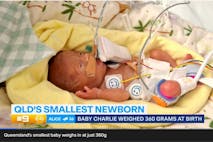
Human Interest
Melissa Manion
·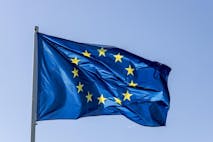
International
Bridget Sielicki
·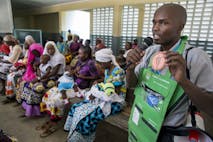
International
Cassy Cooke
·
Human Interest
Nancy Flanders
·
Guest Column
Rai Rojas
·
Analysis
Cassy Cooke
·
International
Cassy Cooke
·
Pop Culture
Cassy Cooke
·
Politics
Cassy Cooke
·
Politics
Cassy Cooke
·